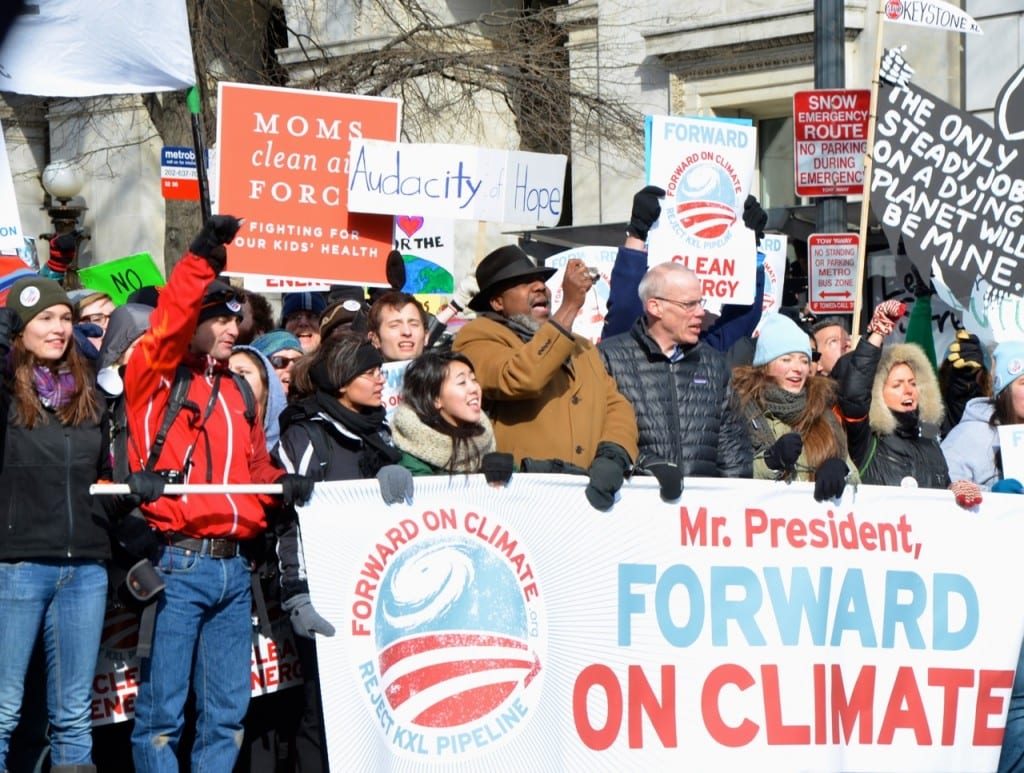By Glynn Wilson –
Maryland just joined 13 states in potentially groundbreaking legal action to hold the big oil companies accountable for their actions and products which scientists agree contribute to climate change and results in damage to the infrastructure of cities and states from rising sea levels, changes to the hydrologic cycle and increased air and ocean temperatures, which can lead to more damage from larger, more violent and frequent storms.
Maryland Attorney General Brian E. Frosh filed an amicus brief this week supporting Rhode Island and was joined by attorneys general in California, Connecticut, Delaware, Hawaii, Maine, Massachusetts, Minnesota, New Jersey, New York, Oregon, Vermont, and Washington in the lawsuit, State of Rhode Island v. Shell Oil Products Co., et al.
“Climate science confirms that harmful pollution from Big Oil contributes to climate change and its devastating effect on our environment,” Attorney General Frosh said in a statement announcing the legal action. “Maryland, like other states, should have the right to pursue these fossil fuel polluters under state law, even when the danger to the environment and public health is widespread.”
Rhode Island alleges in the lawsuit that the major fossil fuel producing companies knowingly contributed to climate change and failed to warn regulators and the public about the harms of fossil fuel use. Instead, according to the complaint, these companies “promoted pseudo-scientific theories and questioned legitimate climate science in order to confuse the public and maintain their profits.”
The legal argument, which is now being compared to similar legal action against the big tobacco companies in the past, claims that oil companies should be liable for infrastructure-related damages resulting from their products.
The case is currently pending in the First Circuit Court, according to Frosh, after the oil companies appealed a district court decision that the lawsuit belongs in the state court.
In their brief, the coalition of attorneys general asserts that the district court decision should be affirmed, allowing the cases to be tried in state courts and not just federal courts.
“States play an important role in addressing climate change and protecting human welfare, including providing a forum to decide cases related to climate change,” the argument goes.
The Clean Air Act recognizes the role of states in reducing air pollution and does not indicate that the federal courts should have exclusive jurisdiction over cases involving climate change, Frosh says.
The oil companies appeal seeks to transfer all claims to federal courts, hoping the cases will go the way of other, similar claims which have been booted out of court by judges, congressional and executive actions, which could “unjustly deny plaintiffs a remedy for harm.”
Fossil fuel companies are already grappling with the risks posed by climate change, according to the Financial Times, from the physical threats of extreme weather to the challenge of switching to cleaner energy.
“Now they have a new item rising up their list of worries: liability lawsuits,” according to the paper. “Over the past two years, a growing number of legal cases in the U.S. — brought by cities, counties, and the State of Rhode Island — are seeking damages from energy companies for a litany of climate-related problems.”
Taken together, these lawsuits amount to a legal onslaught that climate activists hope will have a profound financial impact on oil and gas producers, by imposing huge penalties, according to this reporting. The example they draw on is the years of litigation against tobacco companies that culminated in a settlement guaranteeing $206 billion in payments to 46 U.S. states over the first 25 years.
Sheldon Whitehouse, a democratic Senator from Rhode Island known for his climate activism, said the threat of litigation is a major worry for oil companies at the moment.
“They are frightened at the prospect of liability at what they have done, and they are scared of courts.”














